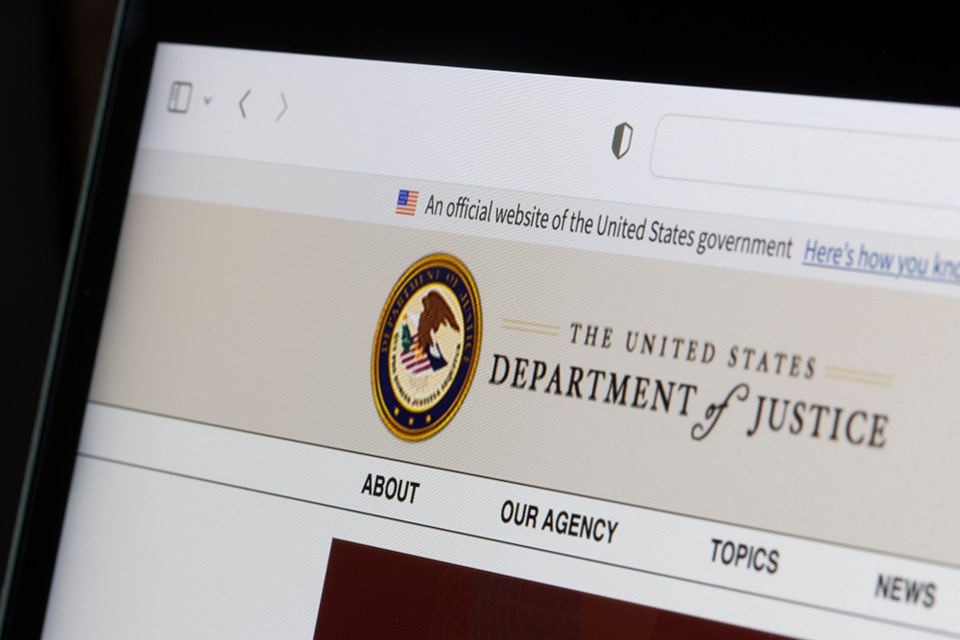He seemed almost apologetic in doing so, but Arlington County Board member Matt de Ferranti surrendered no ground to the county government’s Human Rights Commission in its efforts to secure a U.S. Department of Justice look into operations at the Arlington County Detention Facility.
De Ferranti, who serves as the board’s liaison to the advisory panel, faced some pointed questions at the commission’s March meeting, several weeks after County Board members slapped down commission members for exceeding their authority.
“Why won’t the County Board support, publicly, a Department of Justice investigation? Do you support an investigation?” commission member Wanda Younger asked de Ferranti directly at the March 14 meeting. His response to the second part proved somewhat indirect, but boiled down to “no” – at least for the present time.
A month previously, without de Ferranti on hand and unrestrained by county-government staff who arguably should have been more aggressive in heading them off, commission members voted to formally request a federal investigation. Just days later, an incensed County Board disavowed the action publicly.
At the March 14 meeting, de Ferranti was publicly diplomatic, but for those who have understanding of the somewhat Kabuki-theater-style workings of Arlington governance, his message to the commissioners was unmistakable.
Outside of statutory authority that has been delegated their way, which in this instance did not exist, “commissions are a way to listen and engage with the community,” he said, urging members to “work with me” rather than be at loggerheads with county leaders.
The commission’s call for an investigation mirrors action taken by the Arlington branch of the NAACP after several in-custody deaths. Sheriff Jose Quiroz and his predecessor, Beth Arthur, have not embraced such efforts, and since the sheriff is an independently elected officer with powers enshrined in the Virginia Constitution, about the only way the County Board could get involved is during budget deliberations.
“We can’t go into the [detention facility] and tell the sheriff what to do. We shouldn’t and we can’t,” said de Ferranti, who became the board’s liaison to the Human Rights Commission when Christian Dorsey left the County Board in December.
De Ferranti – renowned in some quarters for his efforts whenever possible not to cause a public ruckus on issues of controversy – told commission members that he believed he had not personally done enough on the issue of in-custody deaths.
“I could have been more public,” he said. “You could still say I could be more vocal.”
But if commission members thought the March 14 meeting would turn him around on the idea of a federal investigation, they came up empty.
“Just calling for one does not fix the problem,” de Ferranti said, noting that the Sheriff’s Office has to deal with many incarcerees who come in with pre-existing woes.
“Some of those who have died have been in difficult health before they came in,” he said.
(“It’s not all medical,” retorted Younger, who is allied with the Arlington NAACP and last year unsuccessfully challenged Quiroz in the Democratic primary for sheriff.)
On other issues during the hour-long gathering, de Ferranti said he would work to get the Arlington government’s human-rights ordinance updated, but told commission members the County Board was unlikely to accede to all requests made by that body.
He also seemed to go along with a proposal for sub-groups of the human-rights and housing commissions to meet together, but suggested that it would depend on whether there was enough staff support (a decision largely for the county manager) to make that a reality.



